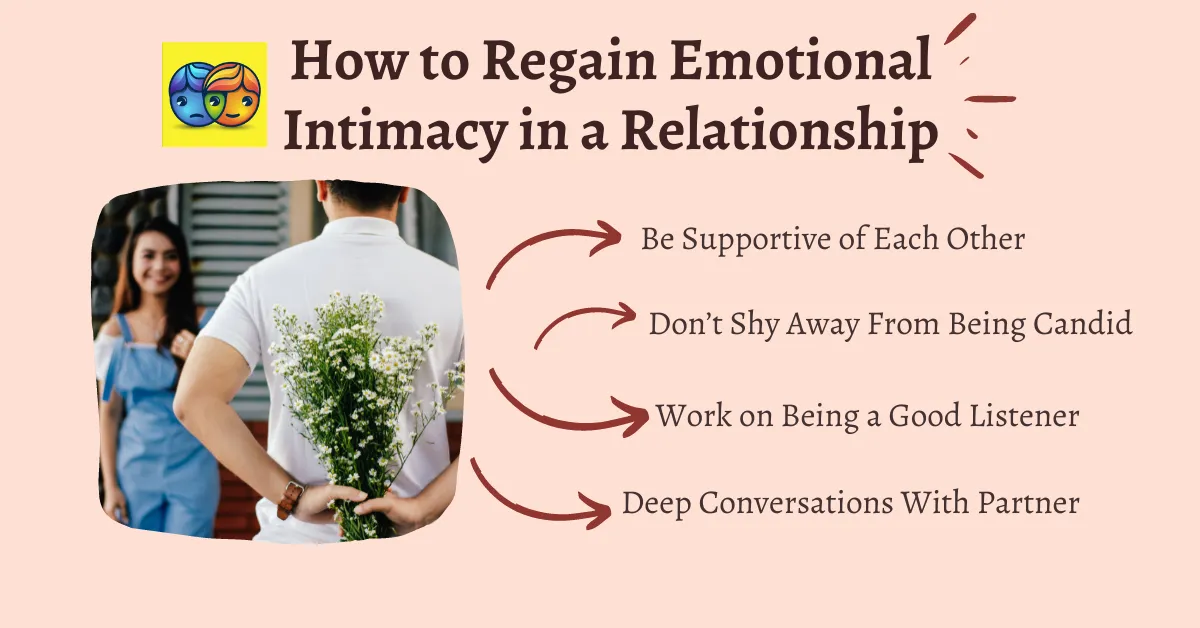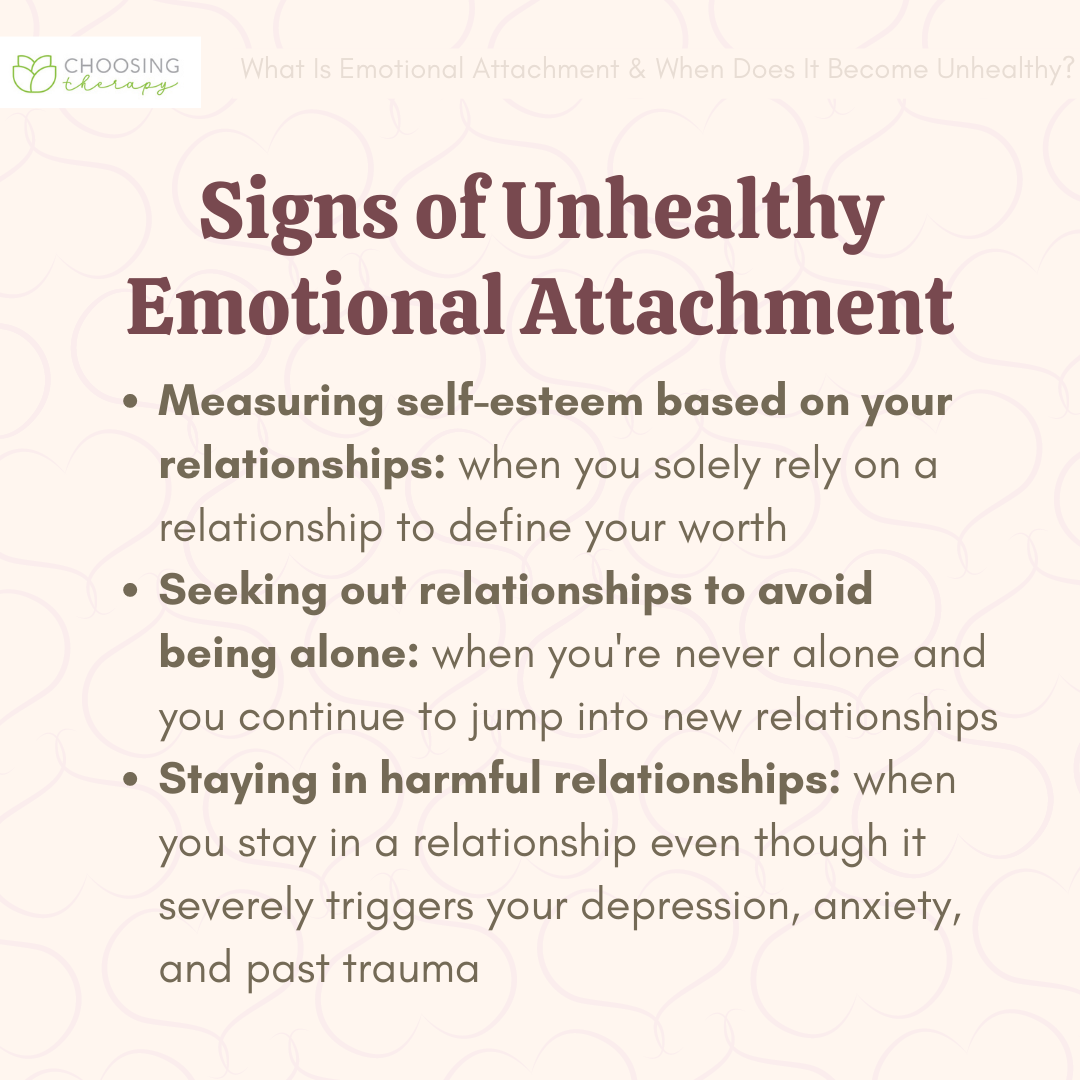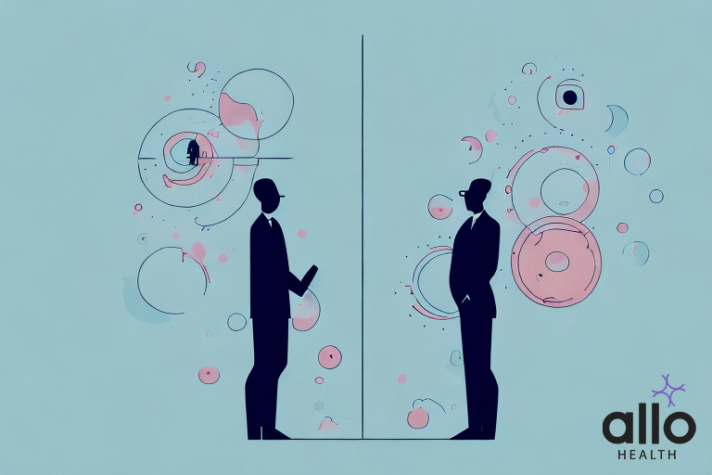Imagine a world where the depth of emotion you share with someone is enough to sustain a relationship, without the need for physical intimacy. Can you truly rely on emotional connection alone to keep a relationship alive?
This intriguing question has sparked numerous debates, as some argue that emotional connection is the cornerstone of a successful partnership, while others believe physical intimacy is equally crucial. Explore the dynamics of emotional connection and physical intimacy in relationships, and discover just how vital each component truly is.

Definition of Emotional Connection
What is emotional connection?
Emotional connection refers to the deep bond and understanding between two individuals in a relationship. It goes beyond mere physical attraction or shared interests; it is a profound sense of empathy, trust, and vulnerability that allows for a deep connection. When you are emotionally connected with your partner, you feel seen, heard, and valued for who you truly are. It is an essential aspect of any relationship since it lays the foundation for trust, intimacy, and overall relationship satisfaction.
Why is emotional connection important in a relationship?
Emotional connection plays a pivotal role in the success and longevity of a relationship. It is the emotional glue that holds partners together through the ups and downs of life. Without emotional connection, a relationship can feel superficial and lacking in depth. It is through emotional connection that you and your partner can truly understand each other’s feelings, needs, and desires. It fosters a sense of security and belonging, as well as a safe space where both partners can express themselves without fear of judgment. Moreover, emotional connection provides the foundation upon which physical intimacy and long-lasting love can thrive.
Importance of Physical Intimacy
Role of physical intimacy in a relationship
Physical intimacy refers to the act of expressing love, desire, and affection through touch, closeness, and sexual activity. It is a fundamental part of a romantic relationship, playing a vital role in bonding and deepening the connection between partners. Physical intimacy can take various forms, including holding hands, cuddling, kissing, and sexual intercourse. It helps partners feel connected physically, emotionally, and spiritually and can enhance overall relationship satisfaction.
How physical intimacy contributes to a healthy relationship
Physical intimacy is crucial for the well-being of a relationship. It releases oxytocin, the “bonding hormone,” which promotes feelings of attachment and intimacy. Regular physical intimacy can increase emotional closeness, strengthen the bond between partners, and create a sense of security and fulfillment in the relationship. It also helps to alleviate stress, boost mood, and enhance overall well-being. Physical intimacy is a way for partners to express their love, desire, and affection, fostering a deep sense of connection and intimacy that can sustain a healthy relationship.

The Role of Emotional Connection
How it impacts a relationship
Emotional connection is the foundation upon which a healthy relationship is built. It impacts every aspect of the relationship, from communication to trust to overall satisfaction. When you have a strong emotional connection with your partner, you feel understood, supported, and validated. This deep level of understanding and empathy allows for effective communication, conflict resolution, and problem-solving. Emotional connection enhances emotional and psychological intimacy, fostering a sense of safety and security, and creating a solid bond between partners.
Signs of a strong emotional connection
There are several signs that indicate a strong emotional connection in a relationship. These signs include open and honest communication, mutual trust and respect, a deep sense of empathy and understanding, shared values and goals, and support for each other’s personal growth and development. A strong emotional connection is also characterized by a sense of emotional and psychological safety, where both partners feel comfortable being vulnerable and expressing their true selves without fear of judgment. When you have a strong emotional connection, you and your partner are in sync, and your love and affection for each other continue to grow over time.
Balancing Emotional Connection and Physical Intimacy
Finding the right balance
Finding a balance between emotional connection and physical intimacy is essential for a healthy and fulfilling relationship. It requires open and honest communication with your partner about your needs, desires, and boundaries. Both partners must actively listen and empathize with each other’s perspectives and be willing to compromise when necessary. It is crucial to recognize that emotional connection and physical intimacy are not mutually exclusive but rather complementary aspects of a thriving relationship. Finding the right balance means prioritizing emotional connection while also nurturing physical intimacy to maintain a well-rounded and mutually satisfying relationship.
The impact of imbalance on a relationship
When emotional connection and physical intimacy are out of balance, it can lead to dissatisfaction and strain in the relationship. If emotional connection becomes neglected, partners may feel disconnected, unheard, or emotionally neglected. This can result in feelings of loneliness, resentment, and a lack of fulfillment. On the other hand, an overemphasis on physical intimacy without an emotional connection can lead to a shallow and unsatisfying relationship devoid of true emotional intimacy. Striking a healthy balance between emotional connection and physical intimacy is crucial to sustaining a deep and meaningful relationship.

Factors Influencing the Sustainability of Emotional Connection
Communication skills
Effective communication is vital for the sustainability of emotional connection in a relationship. It involves actively listening to your partner, expressing your thoughts and feelings honestly and respectfully, and being open to understanding their perspective. Good communication skills foster empathy, understanding, and emotional connection, creating a strong foundation for a healthy and supportive relationship.
Trust and honesty
Trust and honesty are essential ingredients for building and sustaining emotional connection. Trust is the belief that your partner is reliable, loyal, and has your best interests at heart. It involves being vulnerable and trusting that your partner will respect and support you emotionally. Honesty, both with yourself and your partner, is necessary for building trust and maintaining emotional connection. Open and transparent communication, free from deception or hidden agendas, builds a strong sense of trust, promoting emotional connection and intimacy.
Compatibility and shared values are significant factors in sustaining emotional connection. When you and your partner share similar interests, beliefs, and goals, it fosters a sense of alignment and understanding. Such compatibility allows for a deeper connection and a shared sense of purpose, which strengthens emotional connection over time. Having shared values provides a solid foundation for trust, respect, and mutual support, contributing to the sustainability of emotional connection in a relationship.
Personal growth and development
Personal growth and development are vital for the sustainability of emotional connection. When both partners are committed to their individual growth and support each other’s personal aspirations, it enhances emotional connection and fosters a sense of shared growth. Encouraging personal growth enables partners to continue evolving and deepening their connection throughout the course of their relationship.
The Challenges of Maintaining Emotional Connection
Changes in life circumstances
Life circumstances, such as career changes, moving, or starting a family, can pose challenges to maintaining emotional connection. These changes can disrupt routines and create additional stress and responsibilities, making it challenging to prioritize and nurture emotional connections. It is crucial to recognize these challenges and actively find ways to adapt and reconnect with your partner in the face of life’s transitions and demands.
Work stress and time constraints
Work stress and time constraints can significantly impact emotional connection in a relationship. Long work hours, hectic schedules, and differing commitments can leave little time for quality connection and emotional intimacy. It is essential to prioritize and allocate dedicated time for each other, creating opportunities to foster emotional connection despite the demands of work and other responsibilities.
Communication breakdowns
Communication breakdowns are common challenges that can hinder emotional connection in a relationship. Misunderstandings, conflicts, or ineffective communication patterns can create emotional distance and strain. It is crucial to address communication issues promptly and seek professional support if necessary to enhance communication skills and rebuild emotional connection.

Ways to Nurture an Emotional Connection
Effective communication techniques
Practicing effective communication techniques is essential to nurture and strengthen emotional connection. This includes active listening, showing empathy, validating your partner’s feelings, and expressing yourself honestly and respectfully. Regularly checking in with each other, discussing your needs and desires, and cultivating a safe and non-judgmental space for open communication can all contribute to fostering emotional connection.
Spending quality time together and creating shared experiences forms a significant part of nurturing emotional connection. This can involve engaging in activities that both partners enjoy, exploring new hobbies together, or simply setting aside uninterrupted time to connect and bond. Sharing meaningful experiences fosters emotional intimacy, deepens the connection, and creates lasting memories that strengthen the relationship.
Emotional support and empathy
Providing emotional support and empathy to your partner is crucial for nurturing emotional connection. Being there for each other during challenging times, offering a listening ear, and validating each other’s feelings helps to build trust, intimacy, and emotional connection. Showing empathy and demonstrating understanding and compassion can significantly strengthen the emotional bond between partners.
Building trust and intimacy
Building trust and intimacy is a vital component of nurturing emotional connection. This involves being reliable, honoring commitments, and keeping confidence. Creating a safe and supportive environment where both partners feel comfortable being vulnerable fosters deep emotional connection and strengthens the foundation of the relationship.
The Impact of Emotional Connection on Overall Relationship Satisfaction
How emotional connection affects relationship satisfaction
Emotional connection has a significant impact on overall relationship satisfaction. When partners feel emotionally connected, they experience a profound sense of fulfillment, contentment, and happiness in their relationship. Emotional connection provides a strong basis for effective communication, conflict resolution, and problem-solving, contributing to reduced relationship conflicts and greater relationship satisfaction. It fosters a deep bond and understanding, creating a sense of security and belonging that enhances overall relationship well-being.
Success stories of couples with strong emotional connection
Countless success stories attest to the power of a strong emotional connection in sustaining a relationship. Couples who prioritize emotional connection and actively nurture it often report higher levels of relationship satisfaction. These couples have developed a deep understanding of each other’s needs, dreams, and desires and consistently work on fostering emotional closeness and trust. They support each other through life’s challenges, communicate openly and honestly, and maintain a strong emotional bond that continues to grow stronger over time.

Alternative Ways to Build Emotional Connection
Counseling and therapy
Counseling and therapy can be beneficial for couples seeking to build or repair emotional connections. Professional guidance and support can help partners navigate through challenges, enhance communication skills, and develop strategies to nurture emotional connection. Therapists can provide a safe and neutral space for couples to explore their emotions, gain insights, and learn effective techniques to build and maintain emotional connection.
Engaging in shared interests and hobbies is another effective way to build emotional connection. Discovering common activities that both partners enjoy allows for quality time, shared experiences, and mutual enjoyment. It can be as simple as cooking together, going on nature walks, or exploring new interests simultaneously. By engaging in shared interests, couples deepen their understanding of each other and foster emotional connection along the way.
Experiencing new things together
Experiencing new things together can also enhance emotional connection. Trying new activities, going on adventures, or traveling to new places can create a sense of excitement, novelty, and shared memories. Stepping out of your comfort zone together promotes bonding and strengthens the emotional connection. It allows you to learn more about each other, support each other through new experiences, and contribute to the growth and deepening of your relationship.
Conclusion
The importance of emotional connection in sustaining a relationship cannot be overstated. Emotional connection provides the foundation for trust, effective communication, intimacy, and overall relationship satisfaction. It is the deep bond that keeps partners connected through life’s challenges and allows them to grow together. Striking a balance between emotional connection and physical intimacy is key to maintaining a healthy and fulfilling relationship. By nurturing emotional connection through effective communication, quality time, emotional support, and trust-building, couples can create a lasting and deeply satisfying partnership. Ultimately, emotional connection contributes significantly to the success, fulfillment, and longevity of a relationship, ensuring a love that stands the test of time.

